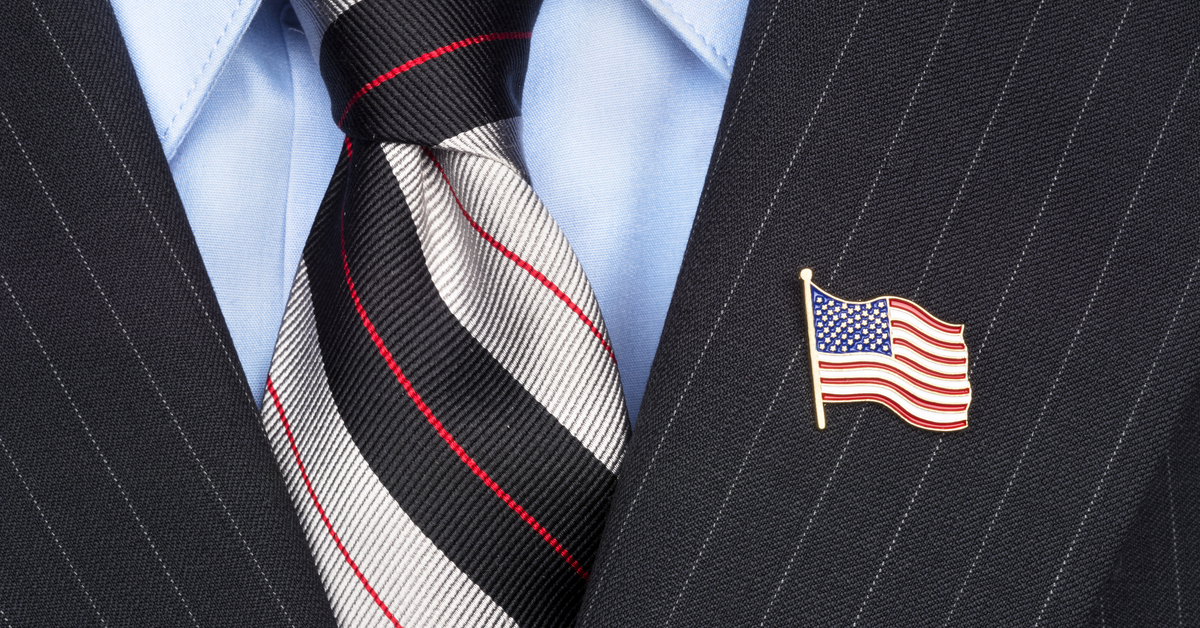Colgate is a standout amongst the most prevalent brands of toothpaste on the planet and a standout amongst the most broadly utilized ones also. On the off chance that you check your medication bureau you likely have one in there too.
In any case, as per an ongoing report things being what they are, Colgate contains a risky substance called Triclosa, which can be generally speaking wellbeing negative and could significantly trigger malignancy advancement.
The Chemical Research in Toxicology diary as of late distributed an examination in which it was uncovered that Triclosan can support the multiplication of malignancy cells whenever utilized in high amounts. Besides, this isn't the main examination on the issue; past investigations likewise arrived at comparative resolutions – that this synthetic can make some genuine harm your life form.
Triclosan can enter through the skin and meddle with the capacity of the hormones and upset the endocrine. As indicated by an examination from 2008 distributed in the diary of Environmental Health Perspective triclosan was recognized in the pee of 75% of the 2517 tried individuals matured 6 and over.
This substance is so broadly utilized in the compound business and it very well may be found in various clothing cleansers, hand sanitizers, antiperspirants and disinfectants. The substance is exceptionally risky on the grounds that it that can infiltrate through the skin and get into the blood, disturbing your hormonal equalization.
Regardless of the way that various investigations demonstrated the risks from utilizing triclosan, Colgate keeps on including it in their toothpastes, saying it represents no threat to human wellbeing. Triclosan has just been restricted for use in Canada.
The American government hasn't done anything so far to direct the utilization of this risky substance yet this is unavoidable to occur, most likely after some genuine medical problems emerge similarly as it was with asbestos, DT and PCB. We seek that they won't hold up after so long and will boycott the utilization of this substance before it has dangerous outcomes.
 Triclosan (sometimes abbreviated as TCS) is an antibacterial and antifungal agent found in some consumer products, including toothpaste, soaps, detergents, toys, and surgical cleaning treatments. It is similar in its uses and mechanism of action to triclocarban. Its efficacy as an antimicrobial agent, the risk of antimicrobial resistance, and its possible role in disrupted hormonal development remains controversial. Additional research seeks to understand its potential effects on organisms and environmental health.
Triclosan (sometimes abbreviated as TCS) is an antibacterial and antifungal agent found in some consumer products, including toothpaste, soaps, detergents, toys, and surgical cleaning treatments. It is similar in its uses and mechanism of action to triclocarban. Its efficacy as an antimicrobial agent, the risk of antimicrobial resistance, and its possible role in disrupted hormonal development remains controversial. Additional research seeks to understand its potential effects on organisms and environmental health.
retrieved from
https://en.wikipedia.org/wiki/Triclosan
https://worldhealthcareuk.info/2017/02/02/chemical-found-in-colgate-toothpaste-linked-to-cancer/?fbclid=IwAR2XCQoXoy6mHSZiBaVhrPHQuw2xd-3N0QGRFbKk_8Vz_nk1RNmJIis3gsw
Colgate es un destacado entre las marcas más prevalentes de pasta de dientes en el planeta y un destacado entre los más ampliamente utilizados también. En la remota posibilidad de que revises tu oficina de medicamentos, es probable que también tengas uno allí.
En cualquier caso, según un informe en curso dado que las cosas son lo que son, Colgate contiene una sustancia de riesgo llamada Triclosa, que en general puede ser negativa para el bienestar y podría desencadenar significativamente el avance de la malignidad.
El diario de Investigación Química en Toxicología en los últimos tiempos distribuyó un examen en el que se descubrió que Triclosan puede apoyar la multiplicación de células malignas siempre que se utilice en grandes cantidades. Además, este no es el examen principal sobre el tema; Investigaciones anteriores también llegaron a resoluciones comparativas: que este sintético puede causar un daño genuino a su forma de vida.
El triclosán puede entrar a través de la piel y entrometerse con la capacidad de las hormonas y alterar el endocrino. Según lo indicado por un examen de 2008 distribuido en el diario de Environmental Health Perspective, el triclosan se reconoció en el pis del 75% de los 2517 individuos tratados que tenían 6 o más años de edad.
Esta sustancia se utiliza tan ampliamente en el negocio de compuestos y se puede encontrar muy bien en varios productos de limpieza de ropa, desinfectantes de manos, antitranspirantes y desinfectantes. La sustancia es excepcionalmente arriesgada por el hecho de que puede infiltrarse a través de la piel y penetrar en la sangre, perturbando la ecualización hormonal.
Independientemente de la forma en que varias investigaciones demostraron los riesgos de utilizar triclosan, Colgate continúa incluyéndolo en sus pastas de dientes, diciendo que no representa una amenaza para el bienestar humano. Triclosan acaba de ser restringido para su uso en Canadá.
El gobierno estadounidense no ha hecho nada hasta ahora para dirigir la utilización de esta sustancia de riesgo, pero es inevitable que ocurra, muy probablemente después de que surjan problemas médicos genuinos de la misma manera que sucedió con el asbesto, DT y PCB. Buscamos que no resistan después de tanto tiempo y boicotearán la utilización de esta sustancia antes de que tenga resultados peligrosos.
El triclosán (a veces abreviado como TCS) es un agente antibacteriano y antifúngico que se encuentra en algunos productos de consumo, como la pasta de dientes, jabones, detergentes, juguetes y tratamientos de limpieza quirúrgica. Es similar en sus usos y mecanismo de acción al triclocarban. Su eficacia como agente antimicrobiano, el riesgo de resistencia a los antimicrobianos y su posible papel en el desarrollo hormonal alterado sigue siendo controvertido. Investigaciones adicionales buscan comprender sus efectos potenciales sobre los organismos y la salud ambiental.



